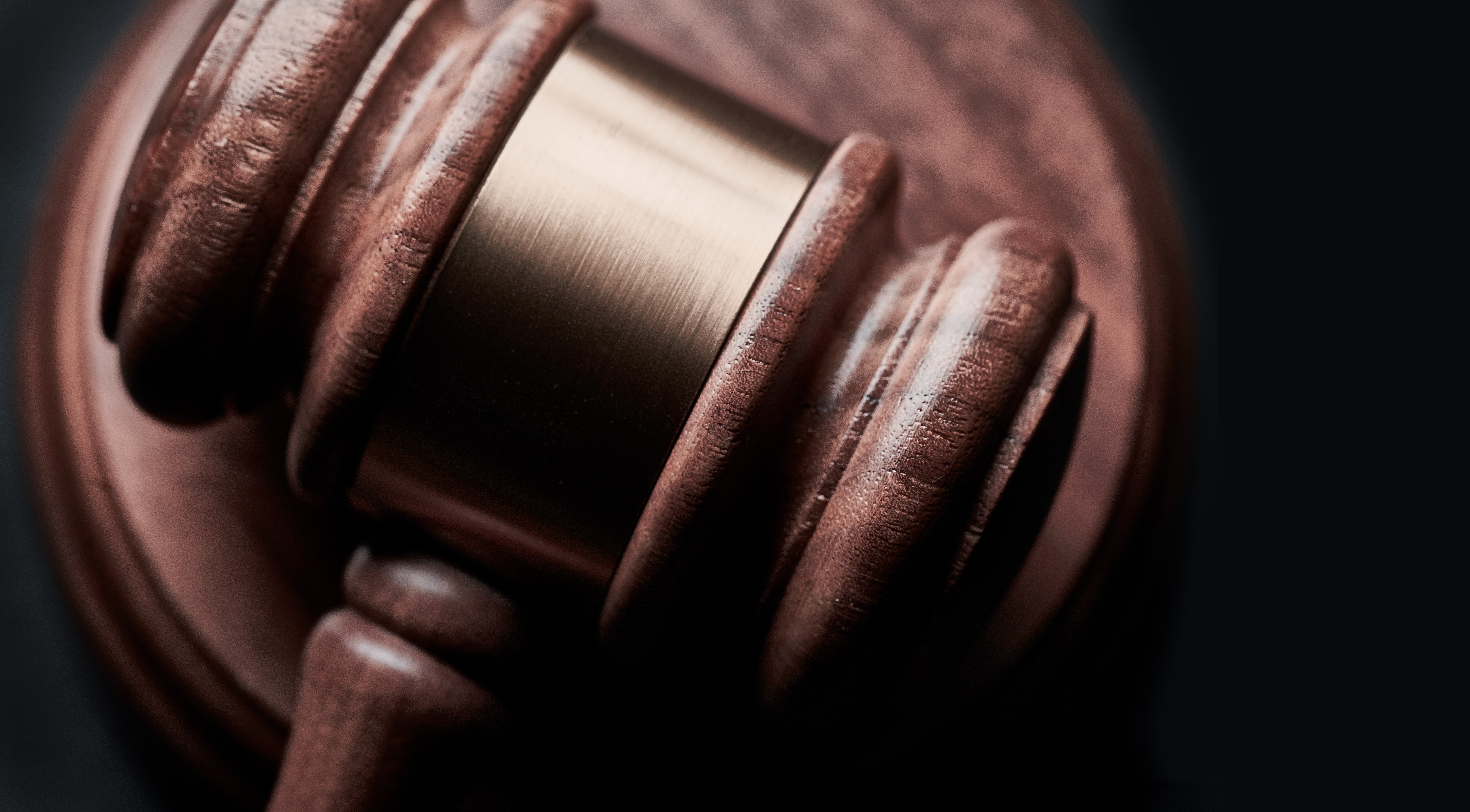
By Anthony Kaylin, courtesy of SBAM Approved Partner ASE
The next big fight for businesses is immunity from COVID-19 litigation. Economic Adviser Larry Kudlow has stated that businesses should not be held liable to trial lawyers “putting on false lawsuits that will probably be thrown out of court.” Senate Majority Leader Mitch McConnell has stated numerous times that the next Coronavirus aid bill has to have provisions for employer immunity from COVID-19 lawsuits, something that the Democrats are fighting.
“The level of concern is widespread across the business community in terms of the emerging liability issues,” said Harold Kim, president of the U.S. Chamber’s Institute for Legal Reform. “Our real focus is on recognizing, as businesses reopen, there will be a new line of potential challenges,” said Sherman Joyce, president of the American Tort Reform Association, “and a lot of businesses almost see having some protection, a reasonable type of protection against the potential for endless litigation, as a necessity for them to be able to reopen.”
In April more than 700 Coronavirus-related lawsuits have been filed nationwide from wrongful death lawsuits to insurers refusing to cover employers during this time.
The issue is a balancing act of how to protect businesses from lawsuits, while enabling protection for customers and employees, especially in a time of rapidly rising unemployment. “If there is no liability on the part of employers without a set of rules by which employers have to abide by, then that means you can have a wild wild west,” said Kent Swig, president of Swig Equities, LLC, a privately owned real estate investment and development company. “You have to have a balance,” he said, “and you have to have rules and regulations.”
Employers need more than just guidance, but federal regulations pre-empt the multiple, and at times conflicting, requirements from state and local jurisdictions. The administration failed to pre-empt state and local jurisdictions on paid leave in the Families First Coronavirus Act (FFCRA), but it may step up in this battle. Currently, with the multiple jurisdictions requiring paid leave in an inconsistent manner, the federal government had an opportunity to pre-empt the state and local regulations on paid leave and refused to do so. For multistate employers, the cost is steep when compliance is inconsistent and confusing.
More importantly, for employers to reopen, employees need to feel safe to return. The federal government needs to step up on this issue of safe harbor for employers.
Does that mean immunity for everything? The answer is no. For example, Amazon, which has fired employees for speaking up against the safety measures or lack thereof taken by the company, would still be protected under the National Labor Relations Act (NLRA). However, there needs to be clear OSHA guidance as to safety protocols for return to work from PPE to spacing to water fountains to bathrooms and cleaning. If the employers follow these protocols, it should be sufficient to protect an employer, unless the employer is proven to have been grossly negligent.
Another specific area of concern should be worker illness in the workplace. Having COVID-19 should not be an opportunity for a lottery win. Plaintiff lawyers are chomping at the bit. Congress should legislate any COVID-19 related illness in the workplace as workers’ compensation without question where the employee caught it. By doing so, it will allow for a consistent process to handle these cases, as opposed to a hodgepodge of lawsuits where courts will define liability. Congress can set up a special fund that states and workers’ compensation carriers can access if these cases become overwhelming. If these cases were left to the courts, there is no guarantee a court in Michigan will rule the same way on the same set of facts as a court in California. Local fines for safety violations will vary from jurisdiction. In Michigan the maximum fine can be $70,000.
The EEOC has been providing common sense guidance to reopening without allowing employers full scale immunity. The Department of Labor agencies need to step up with the same. By providing legal requirements for safe harbor, Congress can force the issue of appropriate regulations in these unusual times. In order to reopen and survive and have employers and customers feel safe, employers should have a consistency in regulatory requirements and a liability shield from COVID-19 complaints.